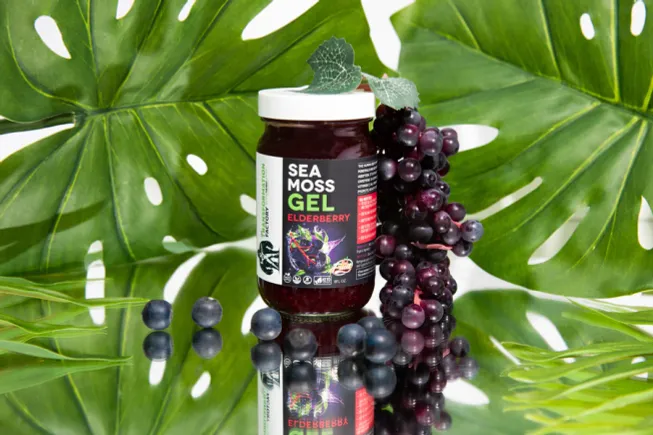Seaweed, a highly nutritious but often overlooked food source in the West, has been gaining attention for its health benefits and environmental impact.
Packed with minerals and fibers, seaweed cultivation can help absorb carbon, maintain ocean health, and reduce methane emissions from livestock.
Despite these significant benefits, seaweed recently made headlines in 2023 due to Hailey Bieber’s $20 Skin Glaze smoothie, which featured sea moss, also known as Chondrus crispus or Irish Moss.
The buzz around sea moss escalated as it was touted as a superfood with various health benefits, including support for heart, gut, and immune health, skin clarity, and weight loss.
Further attention was drawn to sea moss when Mark Cuban invested in a sea moss gummy company on Shark Tank, leading to the rise of sea moss-based recipes and direct-to-consumer brands.
While sea moss is rich in essential nutrients like magnesium, iodine, iron, and vitamins, scientific research on its effects on humans is limited. However, studies on seaweed in general have shown positive impacts on various health parameters.
It is recommended to consume sea moss in moderation to avoid potential risks of heavy metal contamination and iodine overdose, as high iodine levels can lead to gastrointestinal and thyroid issues.
One major concern with sea moss is the lack of FDA regulation, which raises questions about product quality and the validity of health claims associated with it.
As Selvi Rajagopal, an assistant professor of medicine at Johns Hopkins University, pointed out, the existing research on sea moss is limited, emphasizing the need for more comprehensive studies to validate its health benefits.

